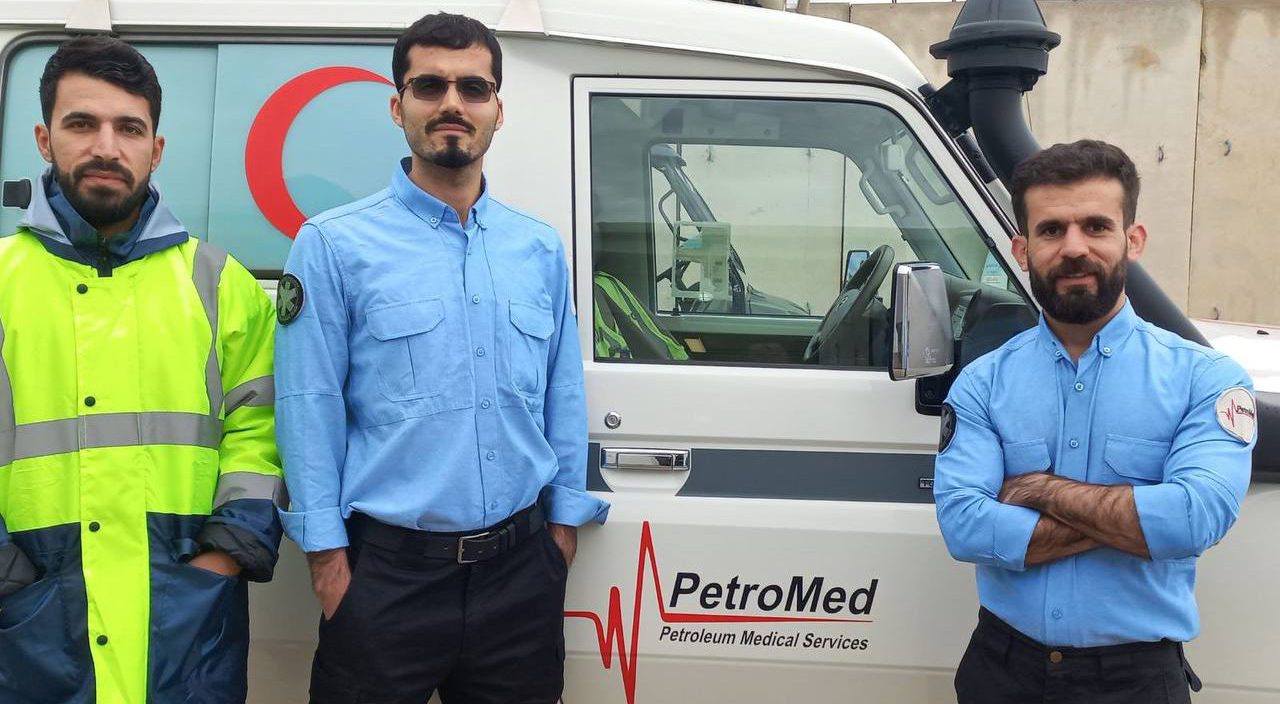Restricted Offshore Work Certificate
Individuals not meeting the criteria which would allow issue of an unrestricted certificates of fitness may still be fit to work offshore subject to specific support measures being implemented, but would then be limited to working on such installations where these specific measures have been implemented.
An examining Physician, following discussion with an operating company’s medical advisor, finds that an individual is not fit for unrestricted offshore work, he is fit for work at a specified location, a restricted offshore medical fitness certificate should be issued, endorsed to the effect that they are only permitted to travel to and work on specific, named installation. Unfit for offshore work
Where an examining physician finds an individual unfit for offshore work, a form (Information for Unsuccessful Applicant) issued.
Employer should be aware that refusal to issue an unrestricted certificate does not necessarily indicate that an individual will be unfit to work offshore in any circumstances and is not intended to provide the employer with any guidance under the Disability Discrimination Act or any legislation.
The employer should in all cases assess the individual employee’s circumstances to determine if suitable modification can be made to allow the individual to work offshore. In such circumstances, the examining physician will be prepared to provide an additional report to the employer, if required, detailing the functional disability present and, where appropriate, suitable modifications which could be considered.
Frequency of Examination
Every person must be examined prior to employment offshore and thereafter at 2 years interval.
The frequency of examination will depends on the condition of the employees. Sometime the health of employees not very well and needs to be examined frequently. Sometime the certificates will be shorten to six months and sometimes to two years which depend on the health status of employees
The purpose of the Oil & Gas UK Medical guidelines is to protect individuals and employers from predictable emergencies which may arise in an isolated location

